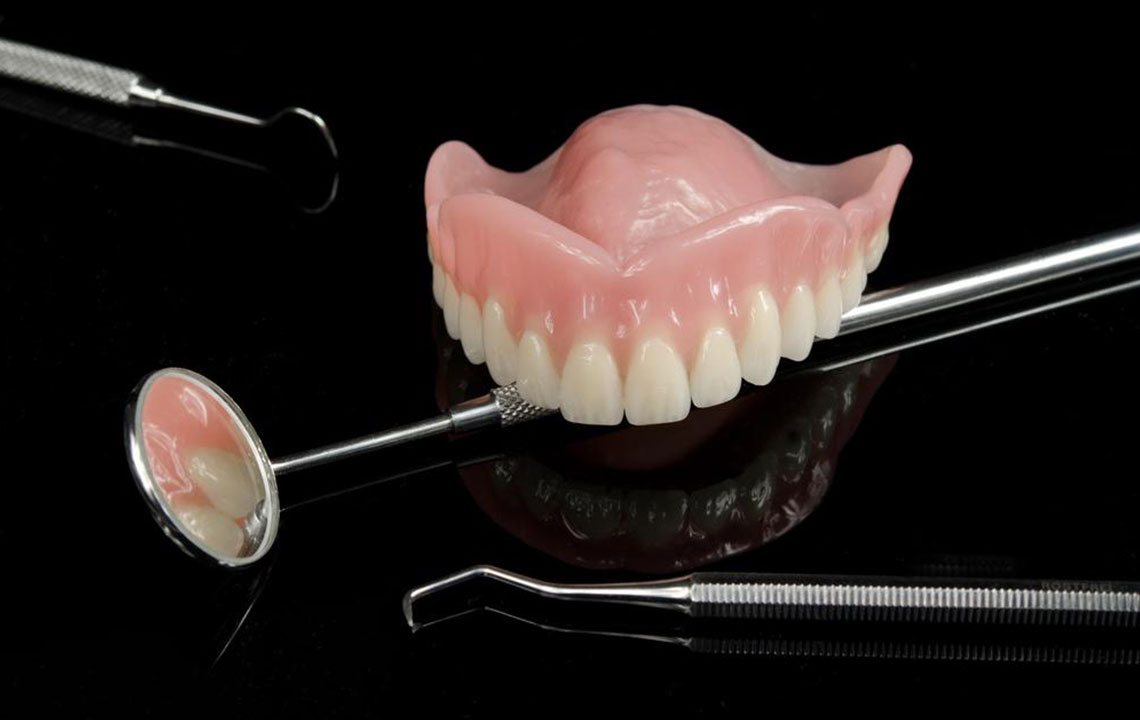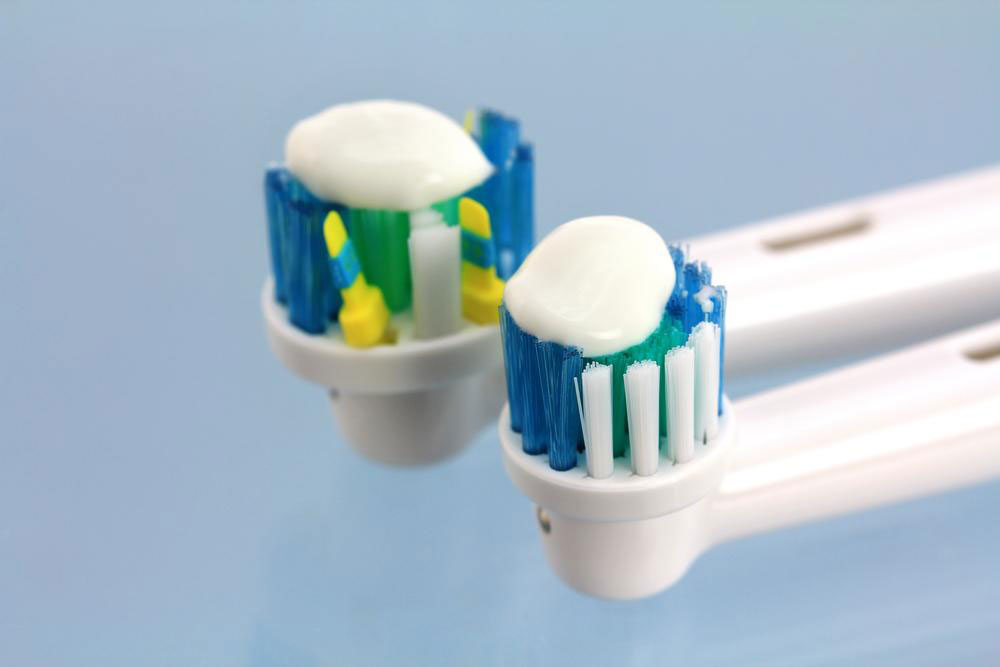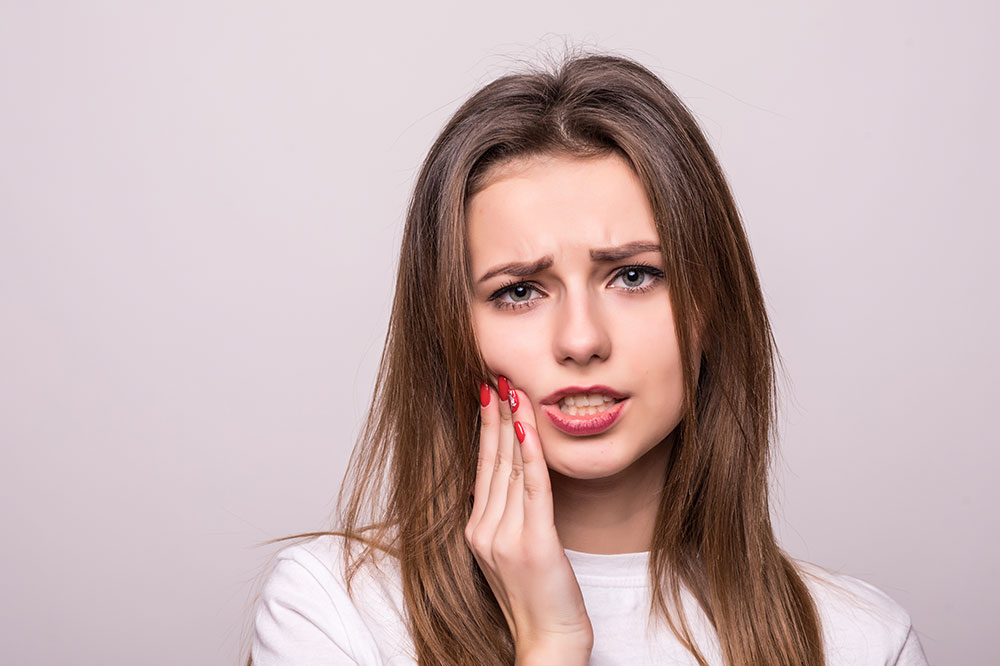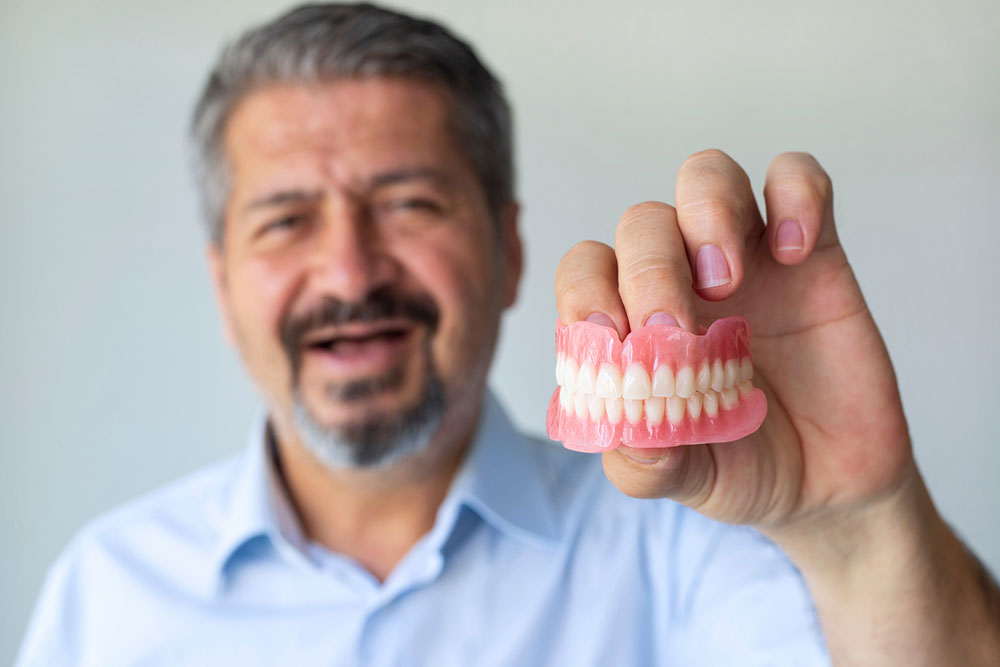Protect Your Smile: 9 Common Harmful Oral Habits and How to Effectively Prevent Them
Discover the top 9 harmful oral habits that can damage your teeth and learn effective strategies to prevent them. Protect your smile and maintain optimal oral health by understanding these common behaviors and implementing simple, practical tips. From avoiding ice chewing to managing stress-related grinding, this comprehensive guide provides the insights you need for a healthier mouth.
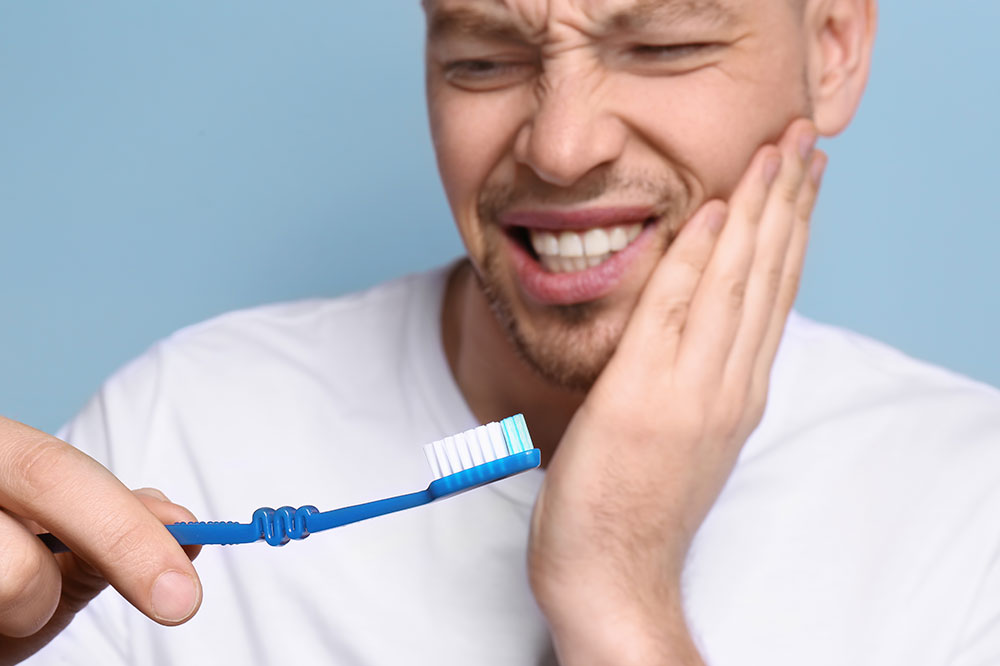
Protect Your Smile: 9 Common Harmful Oral Habits and How to Effectively Prevent Them
A radiant, healthy smile is a symbol of overall well-being and confidence. While daily habits like brushing twice a day, flossing, and regular dental visits are essential for maintaining oral health, many people unknowingly engage in behaviors that undermine their dental wellness. These detrimental habits can cause teeth chipping, enamel erosion, misalignments, and even gum disease over time. Recognizing these habits and actively working to prevent them is crucial for long-term oral health. In this comprehensive guide, we will explore nine of the most harmful oral habits, explain their potential consequences, and provide practical tips on how to avoid or curb these behaviors effectively.
1. Chewing on Ice — A Fracture Waiting to Happen
One of the most common yet damaging habits is chewing on ice. Many people enjoy crunching on ice cubes as a refreshing treat, especially during hot weather or after drinks. However, biting down on ice can pose serious risks to your dental health. The hardness of ice can cause teeth to crack, chip, or even break unexpectedly. Such damage often requires costly dental repairs and can expose nerves, leading to pain and sensitivity. Furthermore, repeated stress from ice chewing can weaken the enamel over time, making teeth more susceptible to cavities.
To prevent this habit, consider alternatives such as enjoying cold beverages without ice or using a straw to minimize direct contact with ice. If you find yourself habitually chewing ice, try to replace it with healthier options like chewing sugarless gum or munching on raw vegetables that are safe and nutritious. Staying mindful during mealtime can help reduce the impulsive urge to chew on ice cubes, protecting your teeth from unnecessary damage.
2. Nail Biting — Stress Relief or Dental Damage?
Nail biting is a common nervous habit, often developed during periods of stress, boredom, or anxiety. While it might offer temporary relief, this habit can harm your oral health in multiple ways. Constant biting transfers germs from your nails to your mouth, increasing the risk of infections. More critically, nail biting exerts incredible pressure on your teeth, leading to misalignment, chips, or cracks. Over time, it can also damage your dental restorations like crowns or veneers.
To address nail biting, keep nails trimmed and well-maintained. Applying bitter-tasting nail polish can serve as a deterrent. Engaging in stress-reducing activities such as exercise, meditation, or hobbies can also help diminish the urge to bite your nails. If the habit persists, consulting with a dental professional or therapist can provide additional strategies to break the cycle and preserve your dental integrity.
3. Using Teeth to Open Packages — Avoid the Shortcut
Many individuals resort to using their teeth as tools for opening packaging, bottles, or wrappers. While this might seem convenient, it is one of the worst practices for dental health. Applying excessive force can cause teeth to chip, crack, or fracture, sometimes leading to painful dental emergencies. Moreover, the repetitive stress on teeth weakens their structure over time, increasing susceptibility to decay and breakage.
The safest approach is to always use appropriate tools like scissors, bottle openers, or pliers. Keep these tools handy in your kitchen or workspace to avoid resorting to teeth. Educate family members, especially children, about the dangers of this habit. Making a conscious effort to prioritize tooth safety now can save significant discomfort and expense later.
4. Clenching and Grinding — The Silent Threat
Clenching and grinding, medically known as bruxism, is often linked to stress or sleep disorders. People who grind their teeth unconsciously during sleep or consciously during the day may not even realize they are doing it. This habit exerts excessive pressure on your teeth, causing wear, cracks, and even loosening of dental restorations. It often leads to jaw pain, headaches, and temporomandibular joint (TMJ) disorders.
To combat bruxism, managing stress through relaxation techniques can be effective. Reducing caffeine and alcohol intake, which can exacerbate grinding, is also recommended. Wearing a custom mouth guard prescribed by a dentist can provide a physical barrier, preventing damage during sleep. If you suspect you’re grinding your teeth, consult your dentist for a comprehensive assessment and personalized treatment plan to protect your dental health.
5. Excessive Sugar Consumption — Friend to Cavities
Diet plays a significant role in maintaining oral health. Consuming too much sugar, especially harmful sugars found in candies, sodas, sweet snacks, and processed foods, fuels the growth of cavity-causing bacteria in the mouth. These bacteria produce acids that erode enamel and weaken teeth, leading to decay and potential tooth loss.
To mitigate this risk, limit your intake of sugary foods and beverages. When indulging, do so during mealtimes, which helps neutralize acids and reduces the impact on your teeth. Rinsing your mouth after consuming sugary treats or using a fluoride mouthwash can also help protect enamel. Opt for healthier snack options like nuts, cheese, or fresh fruits, which are less harmful to your dental health and offer nutritional benefits.
6. Brushing Too Aggressively — Sabotaging Your Smile
While brushing your teeth regularly is vital, using excessive force or a stiff-bristled toothbrush can do more harm than good. Aggressive brushing wears away enamel, irritates gums, and can lead to gum recession, exposing roots and increasing sensitivity. It may also cause tiny abrasions that become entry points for bacteria, raising the risk of periodontal disease.
Use gentle, circular motions with a soft-bristled toothbrush for effective cleaning. Replace your toothbrush every three to four months or sooner if bristles fray. Consider using an electric toothbrush with pressure sensors that alert you if you press too hard. Proper brushing technique, combined with gentle pressure, is key to preserving your dental health while maintaining a bright smile.
7. Chewing Pens or Pencils — Damaging Over Time
Many individuals chew on pens, pencils, or other objects out of boredom or concentration. This habit can exert excessive force on teeth, leading to chips, cracks, and uneven wear. Over time, constant chewing on hard objects weakens dental structures and potential dental restorations.
Instead of pen or pencil chewing, try sugarless gum or stress-relief toys to keep your hands and mouth engaged. If you notice a pattern of biting or chewing on hard objects, consult your dentist for advice and consider behavioral strategies to break the habit. Protecting your teeth from unnecessary stress is essential for long-term preservation of their strength and integrity.
8. Persistent Thumb Sucking — Developmental Concerns
Thumb sucking is a common reflex in infants and young children, often providing comfort. However, this habit, if continued beyond early childhood, can have significant dental implications. Prolonged thumb sucking exerts pressure on the palate and teeth, potentially leading to misalignment, overbite, or bite issues. It can also affect jaw development, resulting in speech problems or facial asymmetry.
Encouraging children to stop thumb sucking early is important. Positive reinforcement, like praise and rewards, can help. For persistent cases, consult with a pediatric dentist or orthodontist who may recommend behavioral interventions or appliances to discourage thumb sucking. Addressing this habit timely ensures proper dental development and a healthier bite alignment.
9. Excessive Coffee Consumption — Stains and Decay Risks
Many people rely on coffee for a morning boost, but excessive coffee intake can negatively impact oral health. Coffee stains teeth over time, dulling their natural whiteness. Additionally, coffee, especially when combined with added sugars, can contribute to enamel erosion and increase the risk of cavities.
To minimize these effects, rinse your mouth with water after drinking coffee or use a straw to reduce contact with teeth. Regular professional cleanings can help keep stains at bay. Maintaining good oral hygiene routines and limiting coffee consumption will help preserve your smile’s brightness and overall health.
Conclusion — How Good Habits Save Smiles
Today’s fast-paced lifestyle often leads us to adopt habits that can unintentionally jeopardize our dental health. Being aware of these common harmful behaviors and actively making smart choices to avoid them is crucial for maintaining a healthy, radiant smile. Regular dental checkups, a balanced diet, gentle oral hygiene practices, and stress management are foundational pillars of long-term oral well-being. Remember, a proactive approach now can prevent costly repairs and dental discomfort down the line. Prioritize your oral health, and enjoy the confidence that a beautiful, healthy smile brings to your life.
